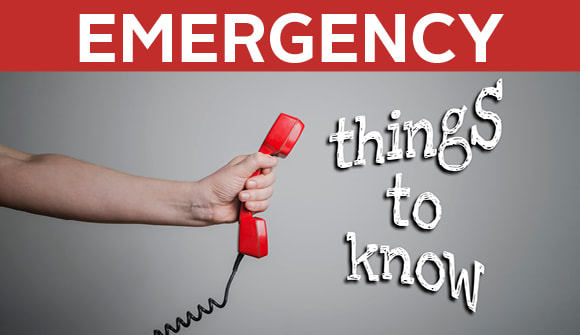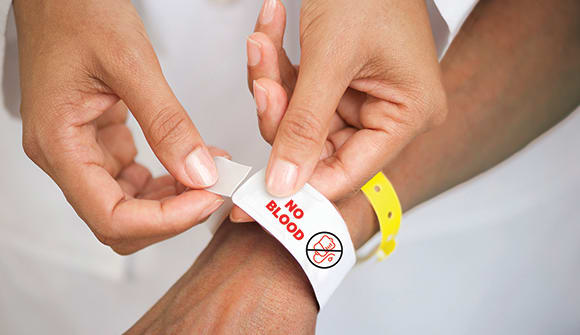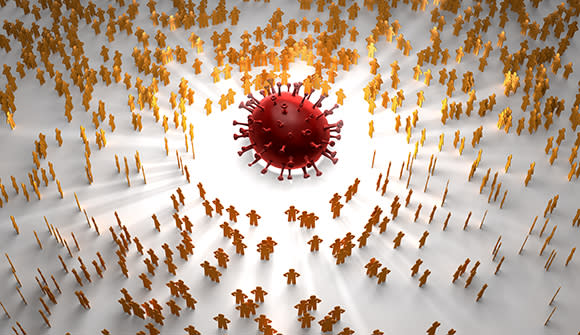When seconds count
5 steps to take when facing a medical emergency.
Article Author: Johnny Woodhouse
Article Date:

Emergencies can happen in the blink of an eye. In most instances, they're unexpected. But that doesn’t mean you can’t be prepared, especially when it comes to a medical situation.
Here are the five steps Kate Barrier, MD, an emergency medicine physician with Emergency Resources Group and medical director of Baptist and Wolfson Children’s Emergency Center at Oakleaf, recommends you take in an emergency.
1. Assess environmental safety and check for responsiveness
Tap the person's shoulder and shout, "Are you OK?"Try not to move the person unless he or she is in immediate danger of further harm; it’s best to wait for first responders.
2. Make the call
Dr. Barrier said it’s critical to act fast when you suspect someone is having a serious medical episode.
“It's important to call 911 because you don’t want to delay any form of emergency medical intervention,” she said. “Once you've made that initial call for help, you can take additional steps like making the person comfortable and helping him or her remain calm.”
Dr. Barrier said 911 operators are trained to assess the situation and assist callers until paramedics arrive.
3. Find an AED
An automated external defibrillator (AED) is designed to be used by non-medical personnel to shock the heart back into a normal rhythm. Formal training on the device isn't required and AEDs can be found in most public areas like sports venues, malls, airports, schools and community centers. Ask for bystander help, if available.
4. Start life-saving efforts
After a person goes into cardiac arrest, immediately start what’s known as hands-only cardiopulmonary resuscitation (CPR) by pressing hard and fast on the center of the chest. This alone can double or triple a person’s chance of survival when their heart stops beating. Dr Barrier also recommended familiarizing yourself with Basic Life Support (BLS), which includes CPR, AED use and clearing a person's airway.
Narcan, a narcotic overdose nasal spray, should be considered if it's available and there's concern for opioid overdose.
5. Seek diagnostic testing
One of the big advantages of calling 911 right away is that it enables paramedics to deliver emergency care and/or testing as quickly as possible. This could include shocking the heart, administering emergency medications or performing additional diagnostic tests like X-rays, computed tomography (CT) scans or electrocardiograms (EKG).
“Getting that first EKG in the field is very important because it helps us determine our next steps,” said Dr. Barrier. “Many medical emergencies are treatable when diagnosed quickly, so we definitely want to intervene as soon as possible.”
In short, Dr. Barrier recommended bringing in the experts, even when you think a person doesn't need it or it’s too late.
"We would much rather have someone call 911 if they think they or someone else is having an episode than to see that same person a day later and find damage we could have treated much earlier," she said.
In a life-threatening emergency, don’t delay care.
Call 911 right away. Baptist Health and Wolfson Children’s Hospital have Emergency Centers located throughout Northeast Florida. Click here to find a location near you.



